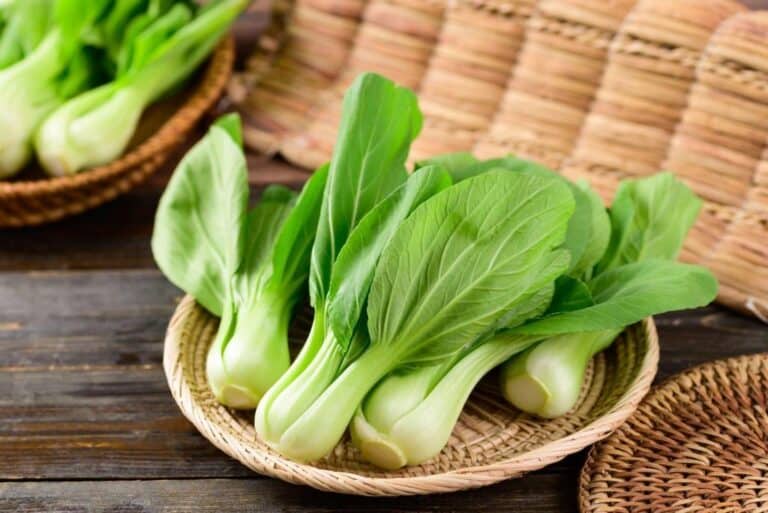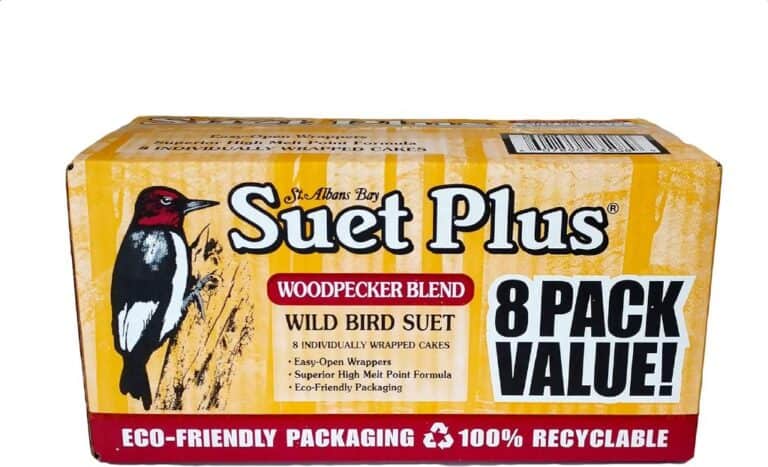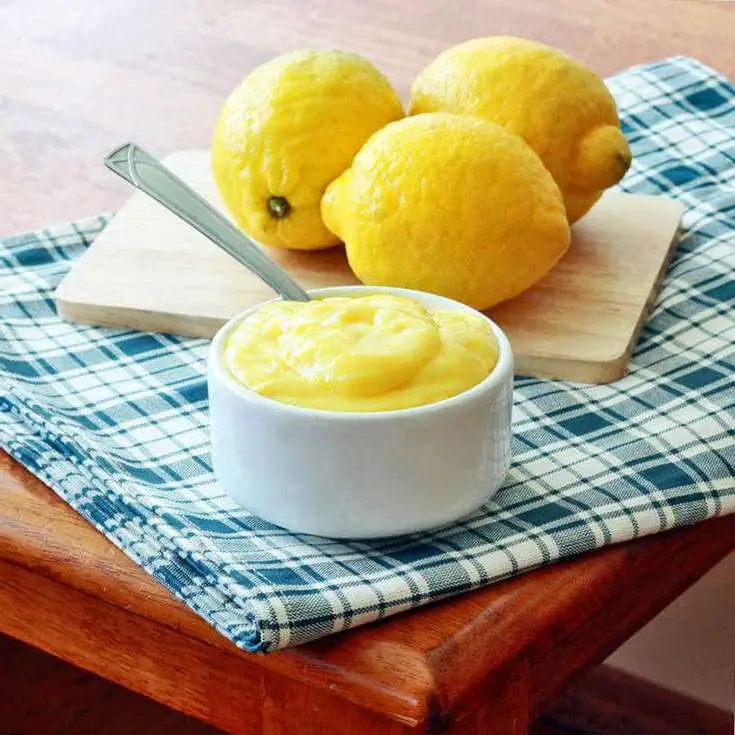What Happens If You Eat Expired Sour Cream? Still Safe to Consume?
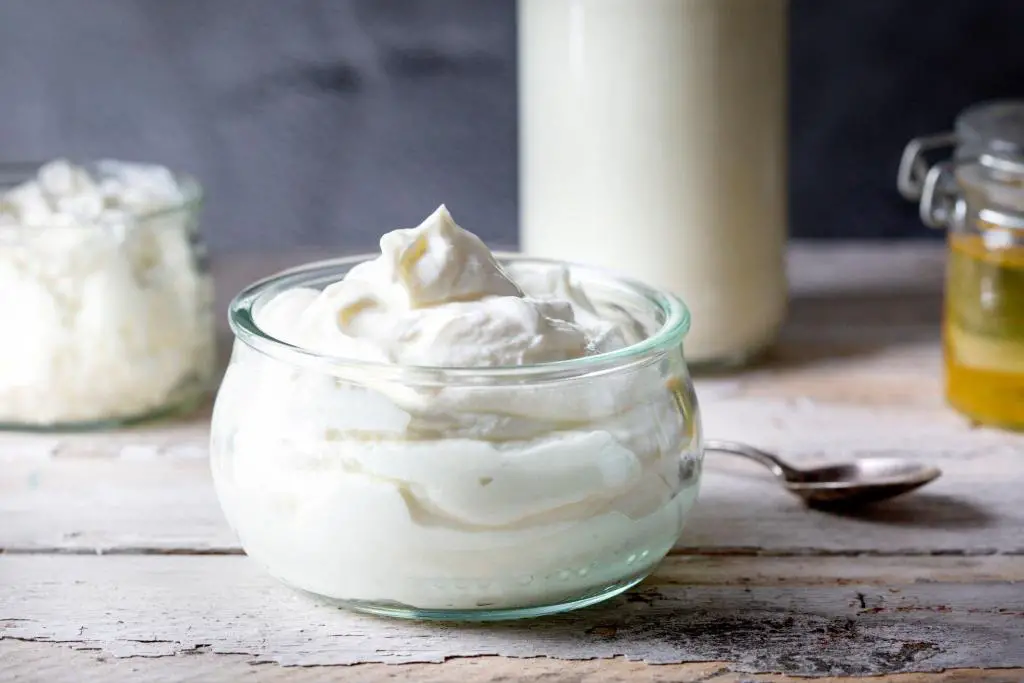
Have you ever found yourself staring at that container of sour cream in your fridge, wondering if it’s still safe to eat? It’s a common dilemma, and understanding the consequences of consuming expired sour cream is essential for making informed decisions about your food choices.
We’ve all been there, questioning the safety of indulging in a dollop of what once was a creamy delight. But what happens if you decide to take the risk? Is it a harmless gamble or a potential recipe for digestive distress?
In this article, we’ll explore the potential risks, health impact, and signs of spoiled sour cream, so you can confidently decide whether it’s still safe to consume.
Introduction to Sour Cream
Sour cream, a staple in many kitchens, has a rich and tangy flavor that adds depth to savory dishes and provides a creamy texture to baked goods. Made from fermented cream, sour cream offers a deliciously complex taste that can enhance everything from tacos to cheesecakes. Its versatility makes it an essential ingredient in various cuisines, from Mexican to Eastern European.
Beyond its culinary uses, sour cream also brings some health benefits to the table. It contains probiotics that promote gut health and aid digestion. Additionally, the rich texture of sour cream can help balance out spiciness in dishes and add a satisfying mouthfeel to meals.
Whether dolloped on top of chili or mixed into pancake batter, sour cream is sure to elevate any dish with its distinctive tanginess and creamy goodness.
Understanding Sour Cream Expiration and Shelf Life
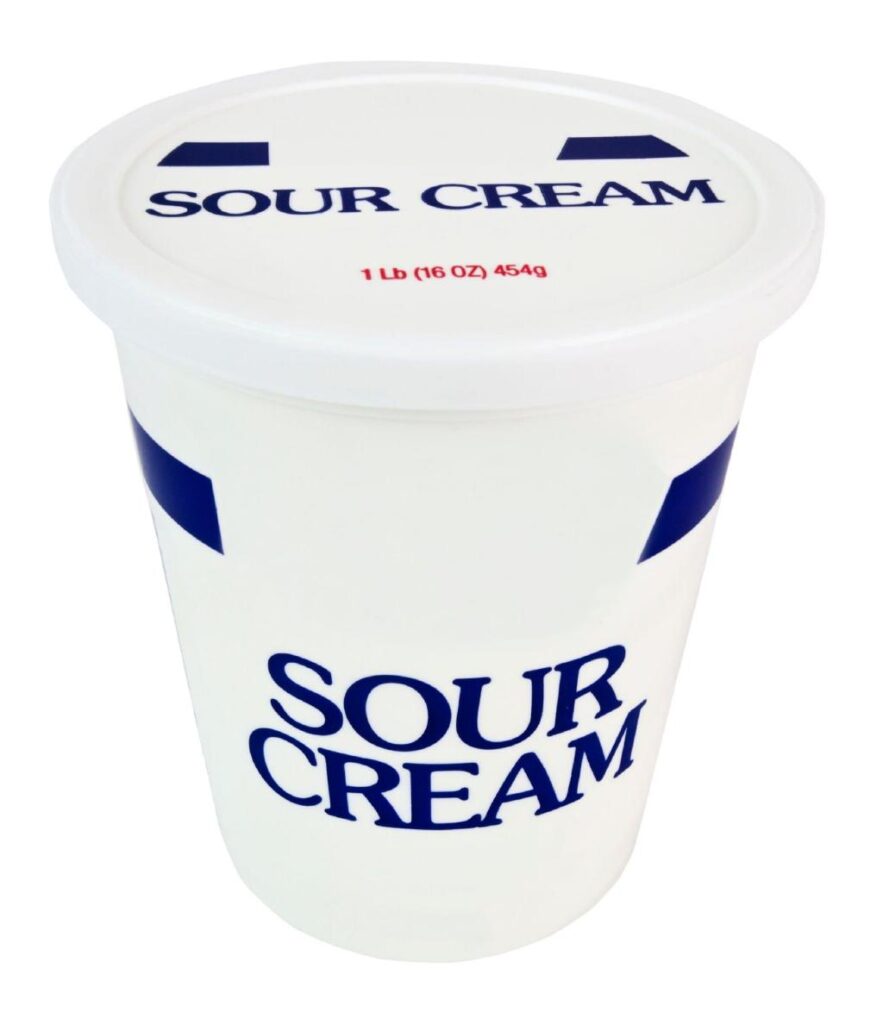
Have you ever found a tub of sour cream lurking in the back of your fridge, past its expiration date? While many people might be quick to toss it out, understanding sour cream’s expiration and shelf life can shed some light on whether it’s still safe to consume.
Sour cream typically has a shelf life of 1-2 weeks after the printed expiration date if refrigerated properly. However, if you notice any discoloration, funky smell, or mold growth, it’s best to steer clear, as consuming spoiled sour cream can lead to food poisoning.
It’s important to note that even if sour cream looks and smells fine beyond its expiration date, its quality and taste may deteriorate over time. This is due to the natural breakdown of fats and proteins in the product.
Consuming slightly expired sour cream might not be harmful for most people. Those with compromised immune systems or underlying health conditions should exercise caution. To avoid potentially risky situations, always check the product for signs of spoilage before using it in your culinary creations.
What Happens If You Eat Expired Sour Cream?
Eating expired sour cream can lead to a range of potential health issues. The severity of this depends on the degree of spoilage and individual sensitivity.
Consuming spoiled sour cream can result in symptoms such as nausea, vomiting, diarrhea, abdominal pain, and even food poisoning. Furthermore, those with compromised immune systems or underlying health conditions are at higher risk for more serious complications.
While some people might experience mild symptoms from consuming expired sour cream, others may not face any negative effects at all. This variability makes it crucial for individuals to be mindful of expiration dates on dairy products and practice proper food safety measures to avoid potential illness.
When in doubt about the freshness of your sour cream or any other perishable item, it’s best to err on the side of caution and dispose of it rather than risking your health.
Chemical Changes in Expired Sour Cream
Chemical changes take place in sour cream as it approaches its expiration date, primarily due to microbial growth. Under the seemingly innocuous lid, microorganisms proliferate, breaking down the cream’s components.
This microbial action leads to a noticeable shift in texture and flavor. Initially smooth and creamy, expired sour cream undergoes a transformation, becoming grainy and potentially separating into watery and solid components.
The microbial community at work introduces new elements, altering the familiar taste into something distinct. The tanginess may intensify, while an unpleasant, off-putting aroma may develop. The once delightful balance of richness and freshness gives way to an unappetizing blend.
While these changes may not always render the sour cream harmful, they signal a departure from its intended quality. So, understanding these chemical shifts becomes crucial in deciding whether to savor or discard that dollop of sour cream nearing its expiration date.
The Dangers of Consuming Expired Sour Cream
Eating expired sour cream can pose a range of potential health risks that should not be overlooked. Firstly, the most evident danger is the risk of food poisoning. Expired sour cream is susceptible to bacterial contamination, particularly from Listeria, E. coli, and Salmonella, which can cause severe gastrointestinal issues and even lead to more serious complications in some cases.
Furthermore, consuming spoiled sour cream may also result in an unpleasant taste and odor, making it unappetizing and potentially harmful to one’s digestive system.
In addition to health concerns, there are broader implications of consuming expired sour cream that extend beyond individual well-being. Wasting food through negligence contributes to environmental issues such as greenhouse gas emissions from rotting food in landfills and the wasteful use of resources involved in producing the product.
By being mindful of expiration dates and practicing proper storage techniques for perishable items like sour cream, we can reduce our impact on the environment while safeguarding our health.
| Related: Can You Eat Unopened Expired Cream Cheese? |
How to Tell If Sour Cream Has Expired
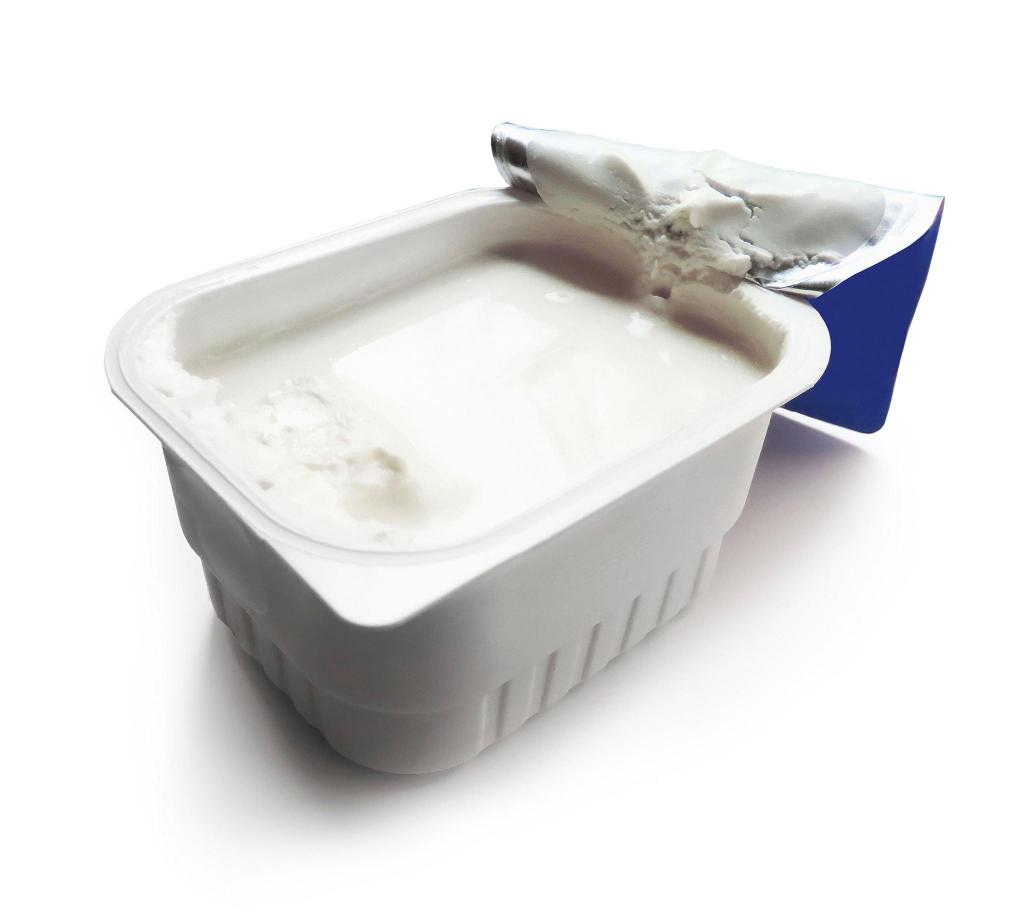
One way to tell if sour cream has expired is by checking the expiration date on the container. However, sometimes the expiration date might not be entirely accurate, so it’s crucial to rely on other indicators as well.
An off-putting smell or any signs of mold or discoloration are clear red flags that the sour cream has gone bad.
Another method to check for spoilage is by examining the texture and consistency of the sour cream. Fresh sour cream should be smooth and creamy, but if you notice any lumps or separation, then it’s best to discard it.
Additionally, changes in taste, such as a more pronounced sourness or an unpleasant flavor, are strong signals that the product has expired and should not be consumed. It’s important to prioritize food safety when dealing with dairy products like sour cream to avoid potential health risks associated with consuming expired products.
Alternatives to Using Expired Sour Cream
If you find yourself with expired sour cream and are hesitant to consume it, there are plenty of alternative uses that can save the day. One creative option is to incorporate it into baking recipes such as cakes, muffins, and breads.
The tangy flavor of sour cream adds moisture and richness to the baked goods while also enhancing their texture. Additionally, you can use expired sour cream in savory dishes like dips, salad dressings, or marinades. It can bring a unique creamy and slightly tangy flavor to these recipes that might just surprise your taste buds.
| Related: Sesame Oil Marinade for Chicken |
Another interesting alternative to expired sour cream is using it as a base for homemade facial masks or hair treatments. The lactic acid present in sour cream can help exfoliate and cleanse the skin when used in a face mask, leaving it feeling refreshed and rejuvenated.
Similarly, when applied to the hair as a conditioning treatment, the natural fats in sour cream can help moisturize and soften dry strands. These unexpected uses not only prevent waste but also showcase the versatility of an ingredient that would have otherwise been discarded.
Conclusion
In conclusion, while consuming expired sour cream may not always result in immediate harm, it is still crucial to exercise caution. The potential risks of consuming spoiled dairy products should not be underestimated, as they can lead to foodborne illness and digestive discomfort. As such, it’s wise to adhere to the when in doubt, throw it out principle when dealing with expired sour cream or any other perishable item.
Furthermore, relying solely on the expiration date may not provide a comprehensive assessment of a product’s safety. Factors like storage conditions and exposure to temperature variations can impact the shelf life of sour cream.
Therefore, smelling and visually inspecting the sour cream before consumption can offer valuable insights into its quality. Ultimately, prioritizing food safety by being attentive to expiration dates and proper storage practices will contribute to maintaining good health and well-being.
FAQs
Can I trust the expiration date of sour cream?
Expiry dates are generally reliable, but factors like storage conditions can affect the actual freshness of sour cream.
What should I do if I accidentally consume expired sour cream?
Monitor for any signs of foodborne illness and consult a healthcare professional if you experience symptoms like nausea, vomiting, or abdominal pain.
Can I freeze sour cream to extend its shelf life?
Freezing sour cream can alter its texture, but it may still be suitable for certain recipes. However, it’s not a foolproof method to extend freshness.
How can I prevent sour cream from expiring quickly?
Store sour cream in the refrigerator at the recommended temperature, check the expiration date before purchase, and consume it within a reasonable timeframe to ensure freshness.
How long does sour cream last in the fridge?
Sour cream typically lasts up to two weeks in the fridge after opening. Always adhere to the expiration date for optimal freshness.
What are the signs of spoiled sour cream?
Signs of spoiled sour cream include an off smell, mold growth, curdling, or unusual discoloration. If in doubt, err on the side of caution.

